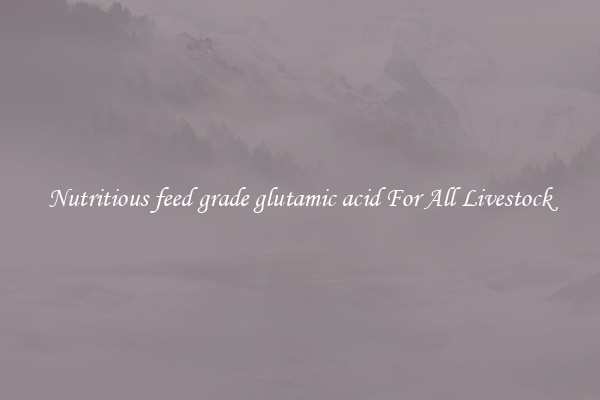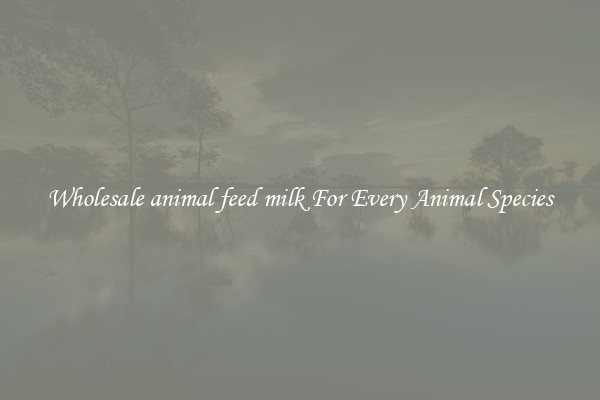Nutritious feed grade glutamic acid For All Livestock
Nutritious feed grade glutamic acid For All Livestock

Glutamic acid is a non-essential amino acid that is essential for the proper functioning of various bodily processes in livestock. It is commonly found in protein-rich foods, but can also be added to animal feed in the form of a feed grade supplement. Nutritious feed grade glutamic acid is important for all livestock, as it plays a vital role in the growth and development of animals.
One of the key benefits of glutamic acid is its role in protein synthesis. By providing the necessary building blocks for protein production, glutamic acid helps animals to grow and develop at a healthy rate. This is particularly important for young animals, who require higher levels of protein for optimal growth.
In addition to its role in protein synthesis, glutamic acid also plays a key role in the immune system. By supporting the production of antibodies and other immune system components, glutamic acid helps animals to fight off infections and diseases more effectively. This can help to reduce the need for antibiotics and other medications, and can lead to healthier, more resilient animals.
Glutamic acid also plays a role in the digestive system, where it helps to produce enzymes that break down food and extract the necessary nutrients. By supporting healthy digestion, glutamic acid can help animals to absorb more nutrients from their feed, leading to better overall health and performance.
Overall, feed grade glutamic acid is an important nutrient for all livestock, regardless of species or age. By supporting protein synthesis, immune function, and digestion, glutamic acid can help animals to grow and develop at a healthy rate, fight off infections and diseases, and absorb more nutrients from their feed. By including feed grade glutamic acid in their diets, livestock producers can help to ensure the health and well-being of their animals, leading to better performance and productivity in the long run.

View details

View details

View details

View details








